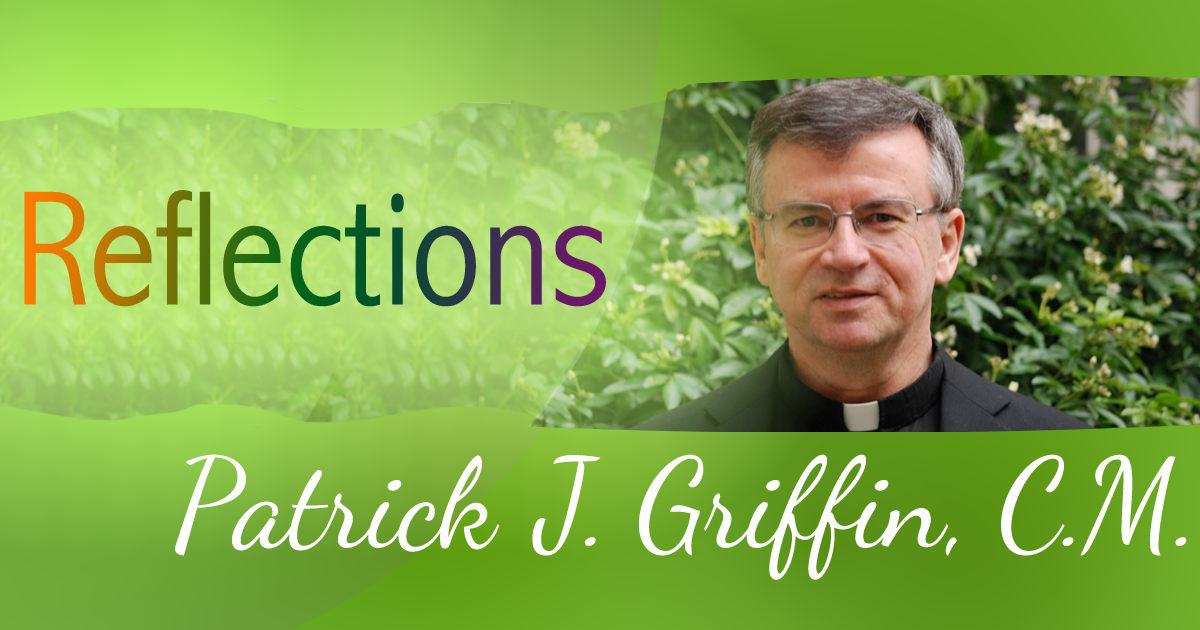
A Vincentian View: “Human Stories”
This past Saturday at St. John’s University, we launched the first of our ongoing series on interfaith dialogue. In collaboration with the Diocese of Brooklyn, the Vincentian Center at SJU will attempt to put together a whole day program around different faith tradition. Last weekend, we began by considering Hinduism. The day started with a morning of presentations on Hinduism and its relation to Christianity. SJU faculty members gave these lectures. Then, after lunch, the 45 participants got onto a school bus and went to the first of two mandirs (churches) where we were hospitably welcomed and schooled. Upon our return to SJU, we had supper and conversation with members of one of the Hindu communities. Entertainment was provided both by them and the Indian Student Union of St. John’s. The whole day was a great success and offers hope for future sessions.
Reflecting on the whole experience in the evening, I thought of my many “take-aways,” but a question kept coming into my mind: What would I have done if the Hindu community had come to SJU and wanted to pray with the Christian community? Eucharist would, of course, make no sense—more would divide than unite us. Gathering around the Word of God seemed most appropriate.
I began to think of this past Sunday’s Gospel and the homily which I had prepared. The reading of the day was that of “the persistent widow.” You will remember that the story tells of a widow who sought a just decision from a hard-hearted judge and who finally got that decision because of her perseverance and emphatic demand. I preached about the way in which the marginalized are often oppressed by a system and how only effort and persistent focus can overcome some structures. God, however, is much more attentive to the needs of his children.
What became clear to me is that there was nothing specifically “Christian” about the story or its interpretation. Yet, at the same time, it is totally Christian in intent and application. I could have offered my homily to our Hindu brothers and sisters, and they would have understood it with little difficulty and no resistance. They would have recognized the characters in the tale and would have seen the application to their own lives and situation. The story is very human and highlights that which defines the human spirit.
This reflection made me think of other parables of Jesus. For the most part, they can be told across a variety of cultures and belief systems. What would be so difficult to understand about the Prodigal Son or the Good Samaritan, about the Lost Coin or the Lost Sheep, about the Sower and the Treasure Hidden in a Field? All of these are all wonderful stories which can be told and shared across many, many traditions. They have very human hearts and meanings, even as they point to the divine. In general, the stories told to us visitors in the Hindu mandirs were unfamiliar. I wonder how unfamiliar the parables would be to our friends from this other tradition? How might they hear and apply them?
The opportunity to spend some quality time with our Hindu brothers and sisters proved a learning experience for me and for all of the Christian participants. The Hindu interpretation of some religious practices made me think more deeply about what such practices mean to us. Along this same line, I am confident that many of the simple stories of Jesus can be easily and profitably shared with these siblings who share our nature as sons and daughters of God.







Fine insight about parables. Thanks,
Father Pat,
I agree with Fr. Tom (above comment), Also, I’m refreshed by your encouragement towards unconditional love and friendship exercised through commonality with people who view God differently from our perspective! Yes,these are our brothers and sisters!!!
In Our Lord Jesus Christ….
Ed Ambrose
(AA,St. Joe’s…1957)